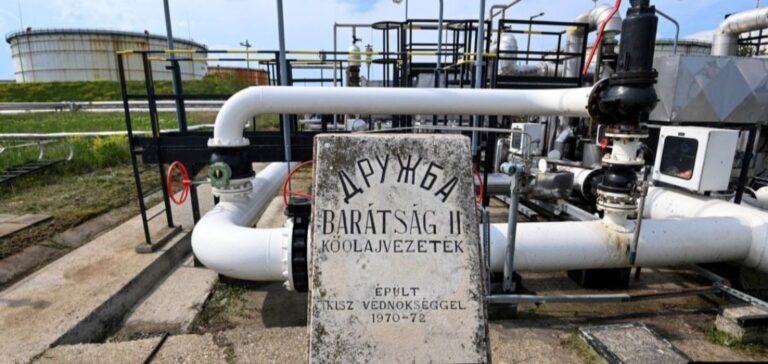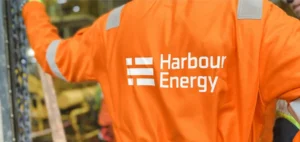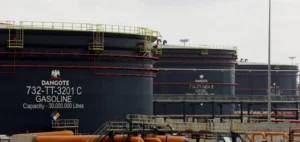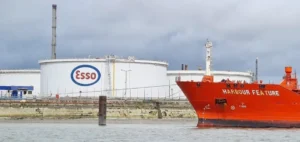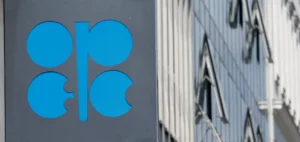Ukrainian sanctions imposed in June against Lukoil’s pipeline exports led Slovakia and Hungary to step up their crude imports from Russia.
Using the Druzhba pipeline, these two countries compensated for the loss of supply by turning to Tatneft, another Russian supplier.
In July, some 80,000 barrels per day (b/d) were transported via this infrastructure, according to the Russian Foreign Ministry.
This increase underlines the difficulty of reducing dependence on Russian crude against a backdrop of restrictions and sanctions.
The Druzhba pipeline, exempt from European Union sanctions on Russian crude imports, remains a key vector for these landlocked Central European countries.
Slovakia and Hungary, concerned about potential disruptions to their refineries, have opted for this strategy to maintain a degree of energy stability.
Russneft, another Russian supplier, also contributed by supplementing Tatneft’s deliveries.
This situation demonstrates the resilience of commercial links in the energy sector, despite geopolitical tensions.
Continued dependence on Russian crude
Despite the sanctions, Slovakia and Hungary continue to rely heavily on Russian oil.
MOL, Hungary’s leading refiner, continues to process Russian crude at its facilities in Danube and Bratislava.
Although MOL has announced that it may increase its use of the Adria pipeline linking Hungary to Croatia, this option entails additional technical risks and logistical costs.
Moreover, Adria’s infrastructure, although operational, cannot fully meet the region’s crude oil needs.
Imports via the Croatian port of Omišalj, a key terminal for crude from the Adriatic, rose by 24% in July compared with the previous month, reaching an average of 148,700 b/d, a 15-month high.
This increase shows an attempt to diversify supplies to reduce dependence, but is not enough to fully offset Russian flows.
Limited options and strategic calculations
Energy choices in Slovakia and Hungary remain constrained by geopolitical realities and available infrastructure.
Although alternatives such as the Adria pipeline are being explored, limited capacity and associated costs make this option less viable in the short term.
MOL’s refineries, which account for a significant share of the region’s fuel production, continue to favor Russian imports to minimize operational disruption.
Statements by the company and Hungarian politicians indicate a pragmatic stance in the face of external pressures.
According to the data, domestic crude reserves could cover around two months’ demand in the event of a complete halt to Russian imports.
However, maintaining a balance between energy security and supply costs seems to be guiding current decisions.
A delicate balance between safety and cost
Increased imports from Tatneft and supplies via Omišalj show that Slovakia and Hungary are seeking to diversify their sources, while remaining pragmatic about the economic and technical implications.
The region’s energy transition, still largely based on Russian oil, highlights the challenges posed by dependence on conflicting energy sources.
Geopolitical uncertainty forces players to continually evaluate their supply choices.
For Slovakia and Hungary, it’s a balancing act between political pressures, economic realities and the need to guarantee stable, reliable supplies.


